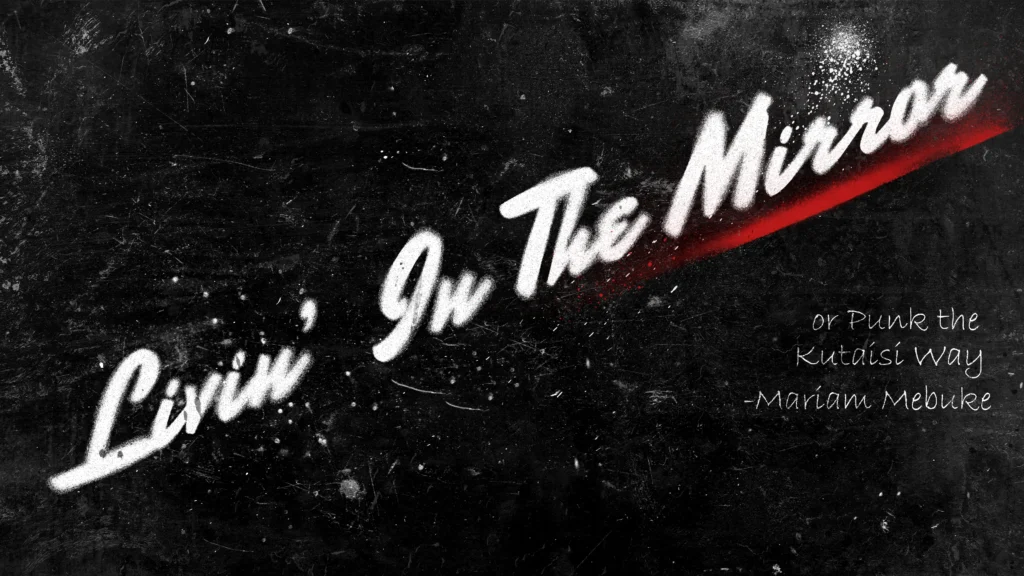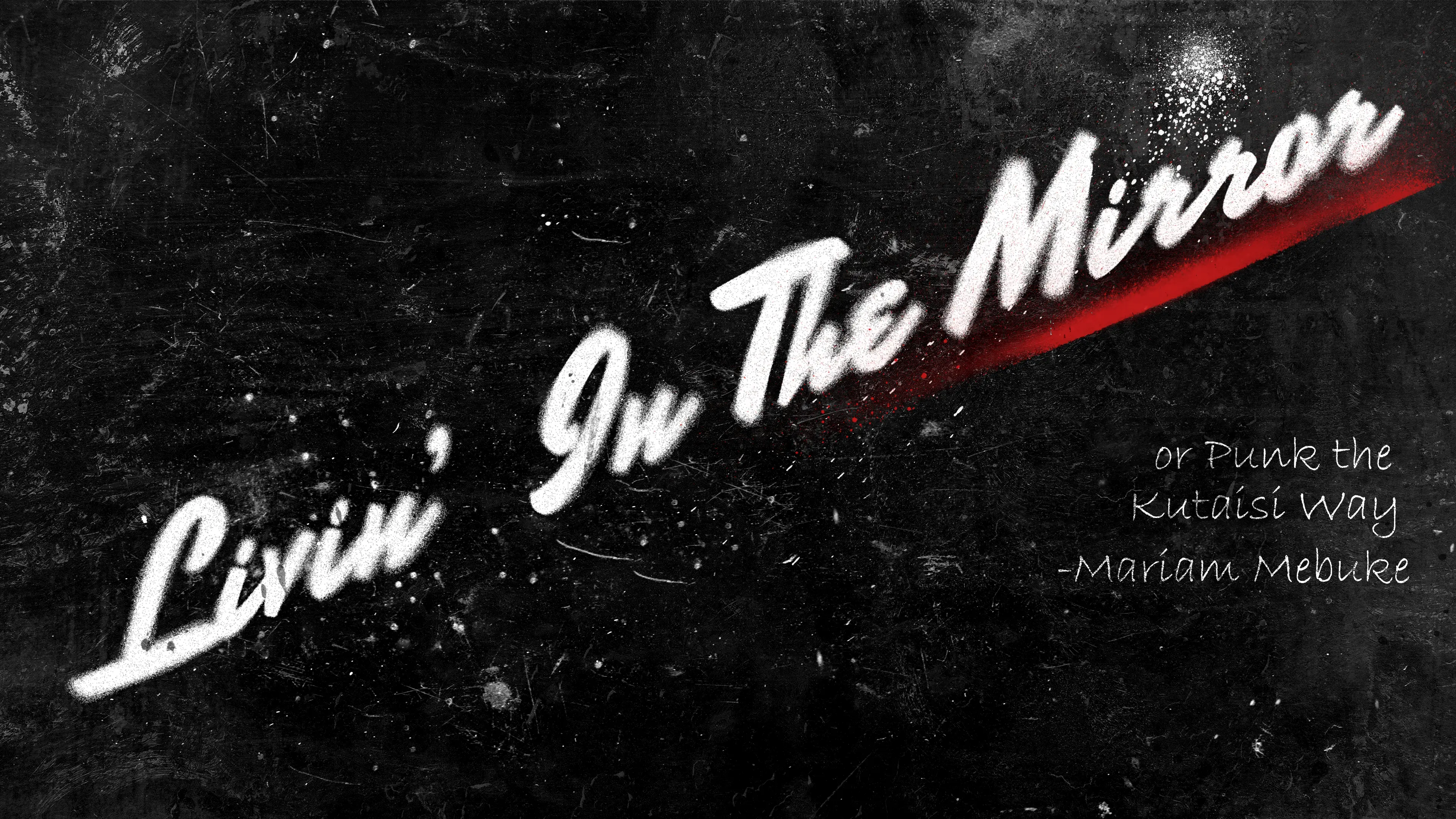
Author: Mariam Mebuke
Songs created since the 90s were compiled into two albums, preserving the history of Kutaisi. It wasn’t rare for concerts to be held in the former building of the House of Writers. What set this generation apart was not only their music but also a shared vision. Everything old-fashioned became a ruin; “Viva” signaled something new.
“I can’t stand life in rhythm,” a line from one of the songs, explicitly conveys what the artists wanted to express. Discussing a problem is one thing, but offering a solution is just as crucial. What now? “The barbarians have vanished,” the reasons are gone, the wall is gradually crumbling (the Berlin Wall has long been demolished), we’ve donned jeans, but something is still missing. Movement is necessary. Thus, let us disrupt the rhythmic life, introduce structured chaos, and unite the youth through music. This generation had to learn to express themselves, to be the ones who notice the crack in the ceiling, and to participate in the “destruction” of the past. They embraced freedom, which includes knowledge and the desire to understand new things.
It’s difficult and important to denounce stagnation and create ordered chaos, the kind of chaos that can bring about something positive. Furthermore, punk, as a musical genre, was perceived as a product of a non-elite society, and one might question the quality of education and erudition of young students (and not only them) due to outdated clichés and stereotypes. In fact, it was quite the opposite. In these songs, you will find German lyrics, musical individualism, melancholy, and the spirit of freedom. For the new generation, and for those who stand behind the mirror, this is important even today, as here everyone finds their own “I.” You might want to pause if you think the light is fading (Raplix – “Stop”) because these guys have shown us the light at the end of the tunnel and made us reconsider whether “the universe is spinning,” and then convinced us otherwise. “Enough of the old” – they began and ended with it in 2003. Though everyone chose different paths, this is perhaps symbolic and once again emphasizes that even the members of these groups differed from each other. They always leave behind a path, “the way home” (the name of one of the songs by “Bunker”). Hence, as one verse goes: “Let the road embrace all travelers.”
When we say that every representative of the new generation finds themselves in these lyrics, we mean more than just an affinity for the melody or an obsession with the song. Kutaisi has always been a city of art, and continuing this old cultural heritage remains essential. The era has ended, and that wave has passed. As melancholic as the conclusion may be, it also signifies the beginning of something new. We often misunderstand culture and perceive it as a glorification of archaic traditions. Today, on the streets of Kutaisi, you’ll notice a generation with one “face,” but with a thousand different views. Even now, music unites these young people who love punk, and they know that changes are brewing in their heads, that the songs of another beloved band will unite them so that they become their “hunters” (SKAZZ – “stalker”). Punk is still being created in this city today, and it can be said that the SKAZZ band voices what we need to say, representing the voice of a generation, the beginning of a new era…
Contrast and breaking boundaries make Kutaisi a city of “culture.” The main thing is to abandon clichés. These clichés were discarded in the late 90s, in the 2000s, and even now, when punk can be enjoyed by those interested in physics, and those exploring the history of classical music at the Zakaria Paliashvili house-museum or visiting the “Garden of Love” just to see the statue of two “Blue Horns.” ( Georgian Symbolist poets and prose-writers which dominated the Georgian literature in the 1920s)
As you read this, ask yourself: what would Kutaisi listen to if it had a soul? Kutaisi does have a soul; in this city, Kutaisi listens to punk and “truth-tellers.” If the new generation does not persecute us, it is only thanks to the old wave. Modern Kutaisi punk will also create its own ode to freedom, and it will be sung by the voice of the new generation.
